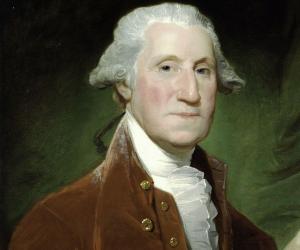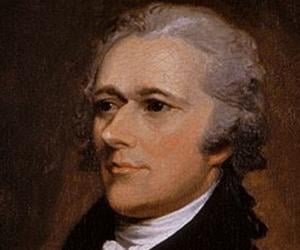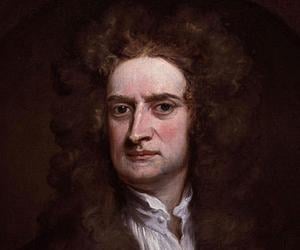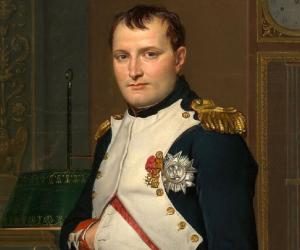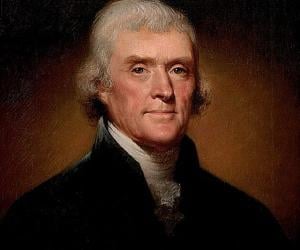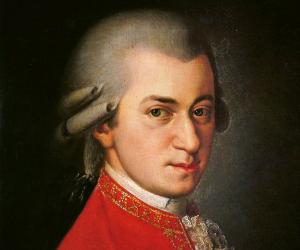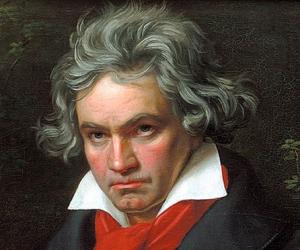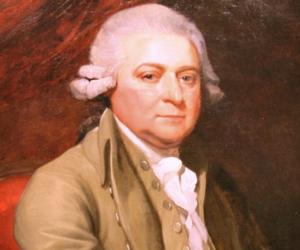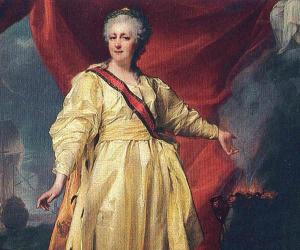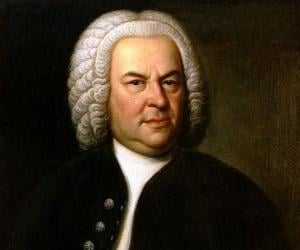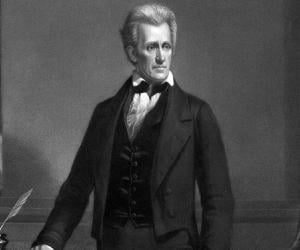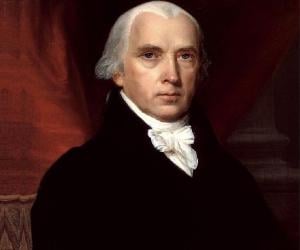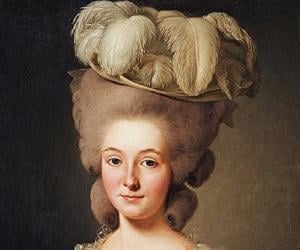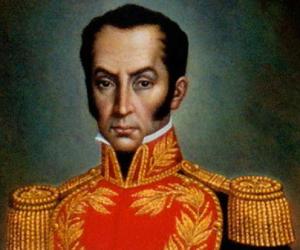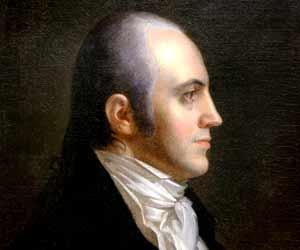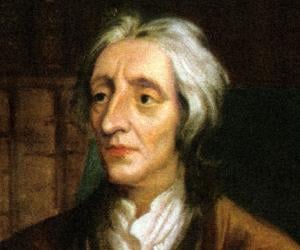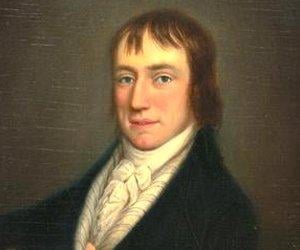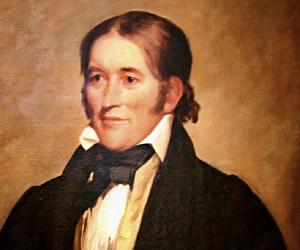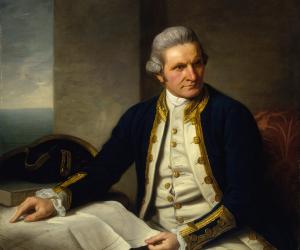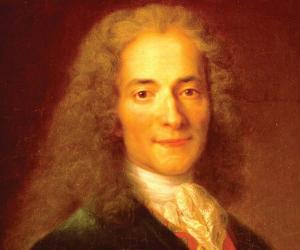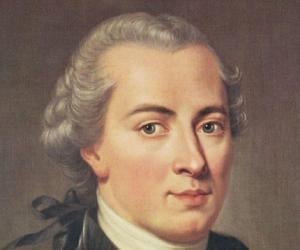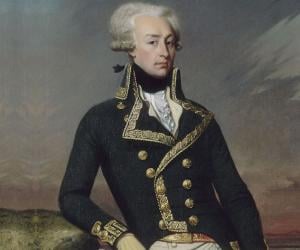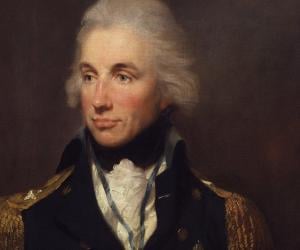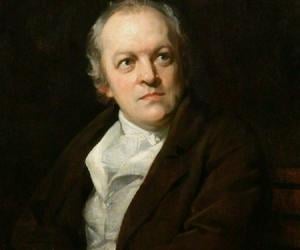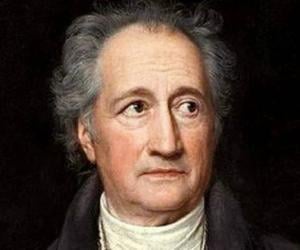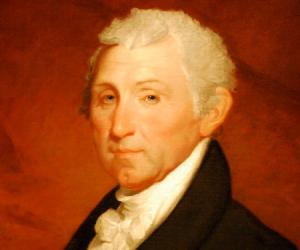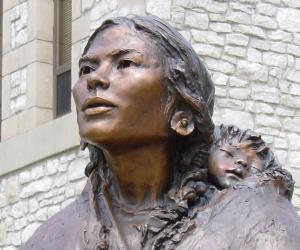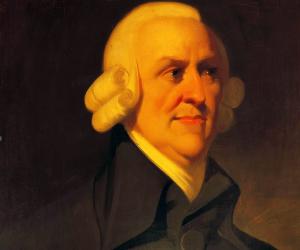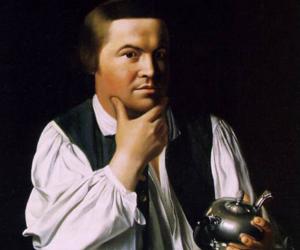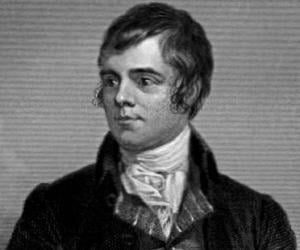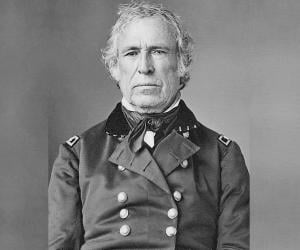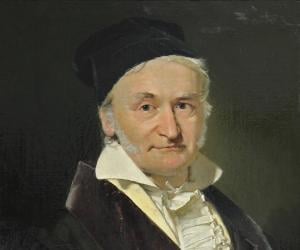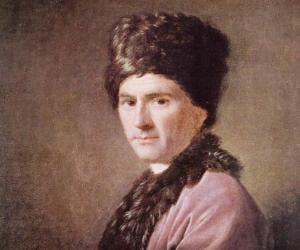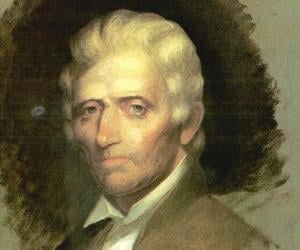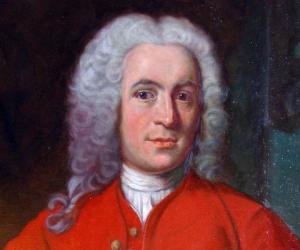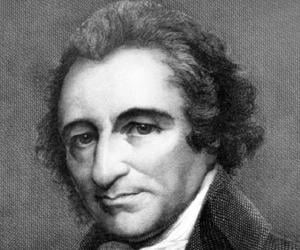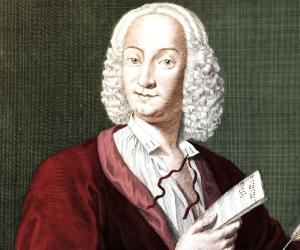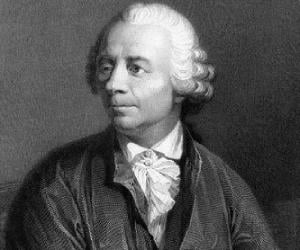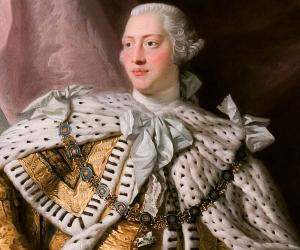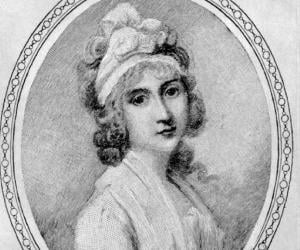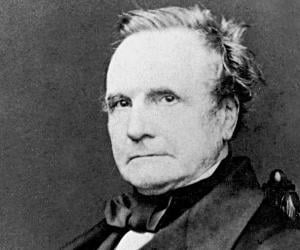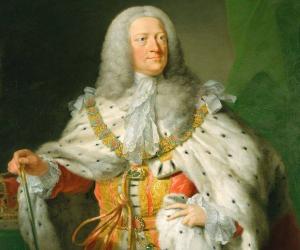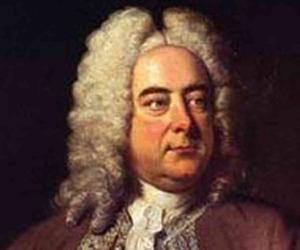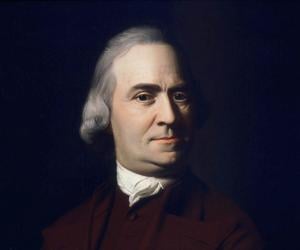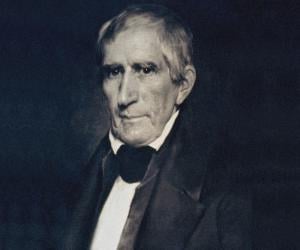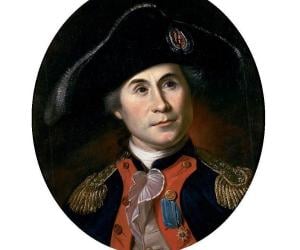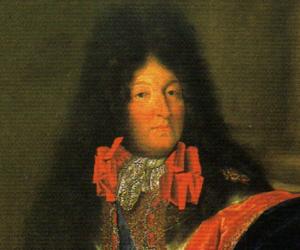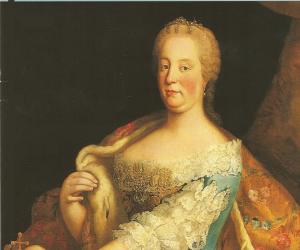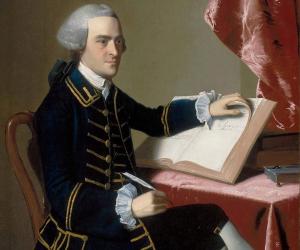America’s first president, George Washington led the country with integrity, firmness and prudence that made him one of the greatest presidents in American history. He became a national hero before assuming presidency, when he led the Continental Army to victory against the British during the American Revolution.
Known as America’s one of the most influential Founding Fathers, Alexander Hamilton was a delegate to the Constitutional Convention and served as the first secretary of the treasury. He also fought in the American Revolutionary War and was considered as a leading votary of the strong central government.
One of the most influential and popular scientists of all time, Sir Isaac Newton played a prominent role in our understanding of natural phenomena. He formulated the law of universal gravitation and laws of motion. He also developed the Newtonian telescope among other devices. Apart from science, Newton was also intrigued by religion, occult, and alchemy.
Benjamin Franklin is considered one of the founding fathers of the United States as he was a signer of both the Declaration of Independence and the Constitution. He was a writer, politician, scientist, inventor, civic activist, an accomplished diplomat and much more. He is a key figure in the history of physics for his discoveries and theories regarding electricity.
The 2nd Vice President and the 3rd President of America, Thomas Jefferson was one of the Founding Fathers of USA and the principal draftsman of the Declaration of Independence. Jefferson was a staunch advocate of democracy and a strong believer of individual rights and religious freedom, despite the fact that he himself owned nearly 600 slaves.
A child prodigy, Wolfgang Amadeus Mozart is regarded as one of the greatest classical composers ever. A prolific composer, he had a profound influence on Western music. Many of his works are considered pinnacles of choral, symphonic, operatic, chamber, and concertante music. Before his death, at the age of 35, he had composed over 600 works.
German composer and pianist, Ludwig van Beethoven, remains one of the most admired composers in the history of Western music even two centuries after his death. Born into a musical family, he was initially tutored by his father. He found success early as a pianist and went on to become an admired composer despite suffering from hearing-impairment.
One of the Founding Fathers of America, John Adams was a statesman, attorney, and diplomat who served as the second president of the United States. He was a principal leader of the American Revolution. As a lawyer, he was devoted to the right to counsel and presumption of innocence. His administration has been favorably ranked by historians and scholars.
The Empress of Russia for almost 35 years, Catherine the Great was the country's longest-ruling female leader. An ambitious ruler, she rapidly expanded the Russian Empire and is credited with modernizing the country along Western European lines. She supported the ideals of the Enlightenment and the period of her rule—the Catherinian Era—is considered the Golden Age of Russia.
Johann Sebastian Bach was an 18-th century German composer of the Baroque period. He redefined both church and secular music. He served as the court musician of Duke Johann Ernst and King Augustus III. He created more than 300 cantatas and vocal music such as Mass in B minor.
Andrew Jackson was the 7th President of USA. His presidential reign has been termed as Jacksonian democracy and witnessed the shift of political power from established elites to ordinary voters. Coming from humble beginnings, Jackson knew the struggle of the masses and thus, worked towards creating a more inclusive country. His picture has been featured on the front side of $20 bill since 1928.
James Madison played an important role in drafting the US Constitution and the US Bill of Rights and is hailed as the Father of the Constitution. He also co-wrote The Federalist Papers, considered to be a seminal work of political science. As president, he led the country into the 1812 war and historians place him as an above-average president.
The better half of one of America’s founding fathers, Alexander Hamilton, Elizabeth Schuyler Hamilton was involved in her husband’s political career during his lifetime and worked towards protecting his legacy after his death. A social worker, she lent support to multiple charitable causes including establishing New York’s first private orphanage.
A soldier, lawyer and one of the founding Fathers of America, Aaron Burr rose to become the third Vice president of the United States. His turbulent political career, which included bitter rivalry with Alexander Hamilton, concluded when he mortally wounded Hamilton in a duel and was later charged with treason.
English poet William Wordsworth, along with Samuel Taylor Coleridge, released Lyrical Ballads in 1798, which set the tone for the Romantic Age of English Literature. Wordsworth was known for his poems I Wandered Lonely as a Cloud, The Prelude, and The Solitary Reaper. He also served as the Poet Laureate.
British explorer, navigator, and cartographer James Cook, who had also served the merchant navy and Royal Navy, was the first to complete an expedition around New Zealand. He explored areas in the South Pacific, such as eastern Australia and Hawaii. He was killed while trying to kidnap a Hawaiian king.
Immanuel Kant was a German philosopher whose works in fields like aesthetics and metaphysics have made him an important and influential personality in Western philosophy. His views continue to influence contemporary philosophy. Kant has had a major influence on prominent philosophers like Hegel, Schelling, Reinhold, and Fichte. Kant's work on mathematics is cited by Albert Einstein as an early influence.
Marquis de Lafayette was a French aristocrat and military officer, who is remembered for fighting in the American Revolutionary War, as the commander of American troops in several battles. After returning to France, he played key roles in the French Revolution of 1789 and the July Revolution of 1830. Considered a hero in both America and France, he advocated the end of slavery.
Horatio Nelson was a British flag officer whose inspirational leadership brought about several British naval victories, especially during the Napoleonic Wars. Regarded as one of Britain's heroic figures, Horatio Nelson's legacy remains influential and several monuments, including the Nelson Monument and Nelson's Column, have been created in his memory.
Regarded as the greatest literary figure in Germany's modern era, Johann Wolfgang von Goethe was a statesman and writer. Apart from writing poetry and prose, he also wrote treatises on color, anatomy, and botany. Thanks to his literary genius, Goethe was made part of the Duke's privy council in Weimar and he implemented several reforms at the University of Jena.
James Monroe, a Founding Father of the U.S., served as the American president from 1817 to 1825. He opposed European colonialism and issued the Monroe Doctrine. He had also been a U.S. secretary of state, the Virginia governor, a U.S. Senate member, and the American ambassador to Britain and France.
Widely considered The Father of Economics, Adam Smith was a Scottish philosopher and economist. A pioneer of political economy, Adam Smith played a major role during the Scottish Enlightenment. His book The Wealth of Nations is regarded as the first modern work of economics and a forerunner of today's academic discipline of economics.
German mathematician and physicist Carl Friedrich Gauss is remembered for his work in math and science. Known as the Princeps mathematicorum, he laid down tenets such as the Gauss's Law. He had exhibited his talent since an early age and had completed writing Disquisitiones Arithmeticae by 21.
Jean-Jacques Rousseau was a Genevan philosopher, composer, and writer. His political philosophy influenced aspects of the French Revolution. He also helped develop modern economic, political, and educational thought. His writing inspired a transformation in French drama and poetry. His works also influenced such writers around the world as Tolstoy. His works as a composer were acknowledged by composers like Mozart.
Daniel Boone was an American pioneer, woodsman, explorer, and frontiersman. His exploits as an American frontier made him one of the earliest folk heroes of the US. Widely regarded as the founder of Kentucky, Daniel Boone is popular for his exploration and settlement of Kentucky. His life and work have inspired several movies, such as the 1936 movie Daniel Boone.
Swedish botanist and lecturer Carl Linnaeus, who established the concept of binomial nomenclature, or the system of naming organisms, is also known as the father of modern taxonomy. His system of classification is known as Linnaean taxonomy. He was the first to include humans and apes under the header Anthropomorpha.
English-born American political activist, philosopher, and revolutionary, Thomas Paine, is credited to have penned some of the most influential pamphlets at the start of the American Revolution. His works inspired the common people of America and motivated them to fight for independence from British rule. He was ostracized for criticizing Christianity and died a lonely man.
Italian Baroque composer, virtuoso violinist, and teacher, Antonio Lucio Vivaldi, is regarded as one of the greatest Baroque composers. He was extremely popular during his lifetime and composed many instrumental concertos and operas. He was also a Roman Catholic priest and worked at a home for abandoned children. Even though he died in 1741, his music continues to be popular.
Leonhard Euler was a Swiss physicist, mathematician, logician, geographer, astronomer, and engineer. He is credited with making influential and important mathematical discoveries, such as graph theory and infinitesimal calculus. Widely regarded as one of the greatest and most prolific mathematicians of all time, Leonhard Euler also made pioneering contributions to analytic number theory and topology.
The King of the United Kingdom of Great Britain and Ireland for almost six decades, George III had a reign that was longer than those of any of his predecessors. His reign was marked by a series of military conflicts. He suffered from mental illness in his later years.
A charming socialite, Angelica Schuyler Church was the daughter of Continental Army General, Philip Schuyler, and wife of British MP, John Barker Church. During her lifetime, she interacted with and created lasting friendship with numerous personalities, from revolutionaries to artists and politicians, like Edmund Burke, Benjamin Franklin and Thomas Jefferson. She has been portrayed in the acclaimed Broadway musical Hamilton.
George Frideric Handel was a Baroque composer renowned for his oratorios, operas, anthems, and organ concertos. A great composer, Handel's works had a strong influence on popular Classical-era composers like Beethoven and Mozart. George Frideric Handel's life and work have also inspired several films, such as the 1942 British biographical film The Great Mr. Handel.
The ninth president of the US, William Henry Harrison died 31 days into his presidential term, becoming the shortest-serving US president ever. His demise caused a brief constitutional crisis pertaining to the succession to the presidency. Subsequently, Vice President John Tyler became the new president, setting an important precedent in terms of transfer of the presidency in such situations.
Louis XIV of France reigned as the King of France from 1643 to 1715. Louis XIV is the longest-reigning monarch of a sovereign country in the history of Europe. Under his rule, France often asserted its military prowess and emerged as the most dominant European monarchy. His life inspired several films, such as The Taking of Power by Louis XIV.
The mother of 16 children, Maria Theresa was the only female monarch of the Habsburg empire which she ruled with absolute power. She was known for industrial and educational reforms which led to the development of Austria during her 40-year reign. The devout Roman Catholic, who overtly disliked Jews and the Protestants, was sometimes criticized for her religious intolerance.
Merchant and statesman, John Hancock, served as the president of the Second Continental Congress and was the first to sign the Declaration of Independence in 1776, owing to this position. A rich man, he used his wealth to support the colonial cause during the American Revolution. He also used his influence to ratify the United States Constitution in 1788.
